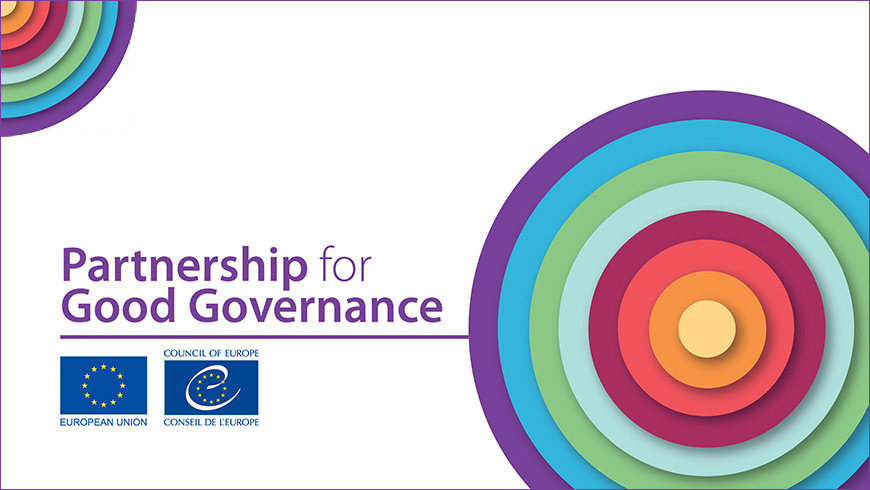The European Union and Council of Europe are extending the Partnership for Good Governance programme to help strengthen human rights, democracy and the rule of law in Armenia, Azerbaijan, Belarus, Georgia, the Republic of Moldova and Ukraine.
The second phase of the programme (worth €17.5 million between 2019 and 2021) will be launched at a ceremony in Brussels on 7 May.
The Partnership for Good Governance aims to help the EU’s six Eastern partner countries move closer to European standards on human rights, democracy and the rule of law. All of the countries involved, except Belarus, are also members of the Council of Europe.
Working closely with national authorities and other stakeholders, the programme helps bring about changes to laws and practices through reviews of legislation, improving the efficiency of public institutions, training courses for professionals and the sharing of information, experiences and best practices.



